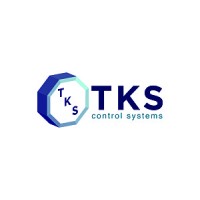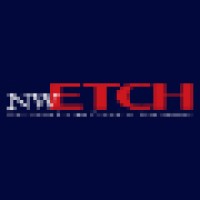
TKS Control Systems, Inc.
TKS Control Systems, Inc. is an experienced leader in the design, fabrication, installation and service of high quality air pollution control systems. Our air pollution control systems are designed to safely and effectively destroy Hydrocarbons, Volatile Organic Compounds (VOCs) or Hazardous Air Pollutants (HAPs) and liquid waste from a diverse range of industrial processes worldwide. TKS can offer all types of Thermal Oxidation Equipment which includes: Regenerative Thermal Oxidizers (RTOs), Recuperative Thermal Oxidizers, Catalytic Oxidizers , Direct Fired Thermal Oxidizer Systems, Vapor Combustor, Concentrator Systems, SCR Systems, Scrubber Systems. From complete turnkey to skid mounted packaged systems. TKS will provide the "best" equipment to safely and effectively meet your emission requirements.






